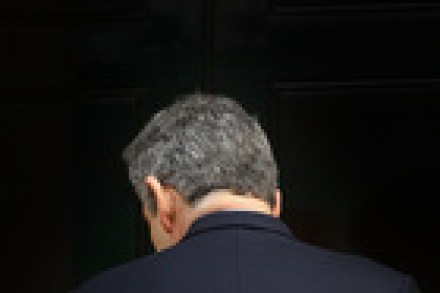Tackling the deficit
Reform’s report, The Front Line, focused on the how of the public finance question – how to get the deficit down in practice. We pointed out that since the public sector workforce accounts for around a third of the total government deficit, it should contribute a third of the reduction in the structural deficit. That would mean reducing the costs of the public sector workforce by £30 billion, equivalent to a reduction of one million of the six million public sector jobs in the UK. That would take public sector employment back to the levels of 1999 when the recent period of major spending increases began. It means reducing the



















